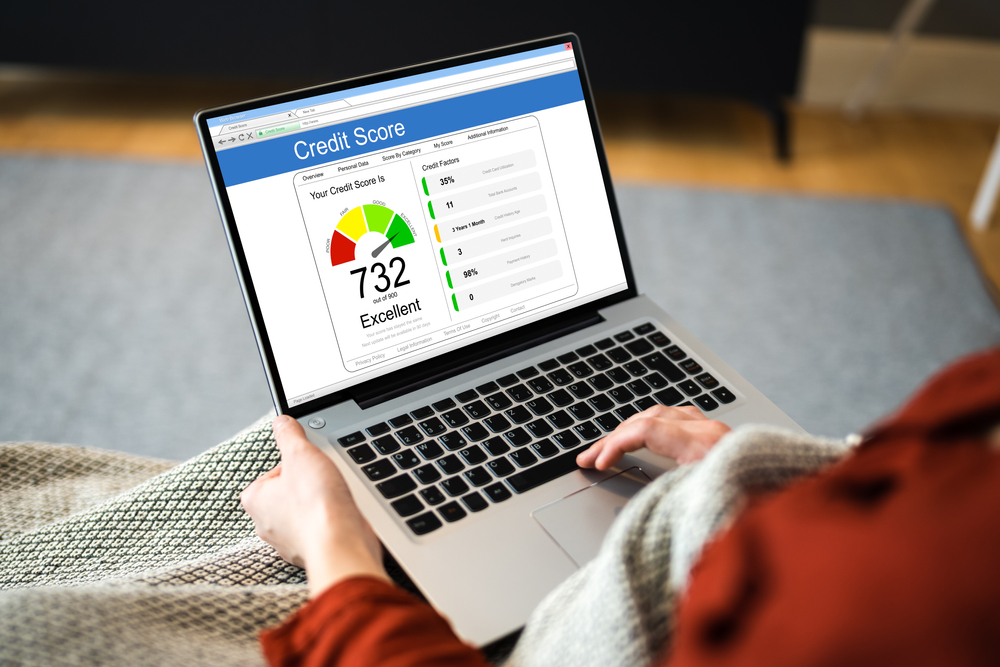Tracking your credit score is essential. We find out what it entails, how it can benefit your finances, and what to do if you spot an irregularity.
16 April 2024 · Sylvia Walker

Your credit score is an important part of your financial identity. It’s updated every month, based on creditors’ reports on your payment history.
Benay Sager, executive head of DebtBusters, offers his insights on credit scores and their significance.
Tip: Explore how saving and investing can enhance your financial standing.
Your credit score is an important three-digit number that rates your creditworthiness and affects your borrowing costs.
The higher your score, the lower your interest rate will be when you borrow money. Over time, this saves you money, so it makes sense to track it.
Sager explains that knowing your credit score gives you a better understanding of your bargaining power when borrowing money or renting a property.
“You have access to the same information that lenders do, so use it,” he advises.
Keeping track of your credit score is easy. You can check it free of charge, as often as you like, on one of many intermediary websites.
You’re also entitled to one free credit report from each of the major credit bureaus every year.
Checking has no impact on your credit score.
Your credit score is a long-term tool, in Sager’s view. It provides powerful information that helps you make the right decisions about borrowing and using credit responsibly.
Apart from knowing your credit score, it’s important to understand the steps you can take to improve it, he advises.
“If you pay back what you’ve borrowed on time and in full, then your credit score will improve over time. And as your credit score increases, so does your bargaining position as a borrower.”
Your credit report contains additional information – for example, you can see your list of credit accounts, and monthly debt repayments.
“Use this to calculate the percentage of your take-home pay that goes towards debt repayments, and then work to reduce that percentage,” Sager recommends.
By checking your credit score regularly, you can uncover any suspicious activity or irregularities. This could include spotting an unauthorised creditor, or noting that a payment does not reflect on your credit report.
“Any irregularities should be reported to the credit bureau, so it can investigate and take appropriate action,” advises Sager.
Tip: Your credit repayment habits affect your financial health. Log in or register to check your credit score now.
Free tool

info@justmoney.co.za
4th Floor, Mutual Park, Jan Smuts Drive,
Pinelands, Cape Town, 7405
© Copyright 2009 - 2025 · Powered by NCRCB29
Terms & Conditions
·
Privacy Policy
·
PAIA Manual
View your total debt balance and accounts, get a free debt assessment, apply for a personal loan, and receive unlimited access to a coach – all for FREE with JustMoney.